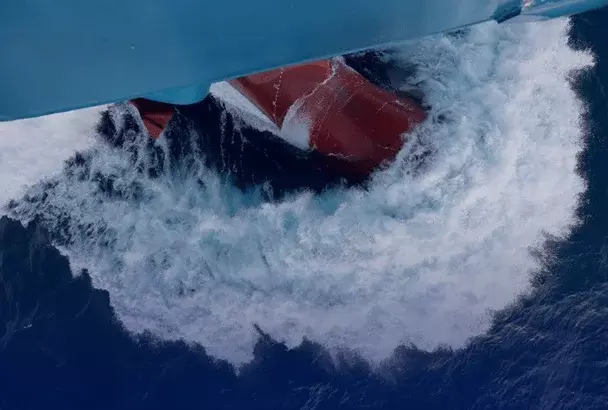
Aliança’s perspective Our vision of the Brazilian scenario in the logistics and infrastructure sector.
Article
The health crisis caused by COVID-19 had a strong impact on the service sector, with the temporary closure of shops, stores, bars and restaurants – some of them permanent, increasing the unemployment rate in the country and impacting household consumption.
On the other hand, social isolation has highly accelerated the development and adoption of digital and e-commerce solutions, remote service and especially the evolution of logistics in order to meet the growing online demand.
The stimulus package provided in 2020 by the Federal Government resulted in considerable support to the most vulnerable populations and a significant increase in economic activity in the third quarter, showing that the population has a strong consumer drive. The unexpected and sudden increase in household consumption has caused disruption in global supply chains, and this was no different in Brazil. There was a shortage in basic materials and a significant increase in inflationary pressure, aggravated by the increase in international prices for oil, mineral and agricultural commodities, further cemented by the devaluation of the Brazilian Real.
The result of this scenario was a retraction of 4.1% in the Brazilian GDP in 2020. The challenges for 2021 are many, as well as the potential for improvement: the expectation for the year is that of a 3.7% growth, according to the OECD. Despite the positive figure, we should still see 2021 end with reduced economic activity compared to 2019.
There is the hope of mass vaccination on the horizon, which would allow the reopening of the service sector, which generates the most work positions in Brazil. At the same time, the Federal Government is preparing, for the month of April, a new stimulus package for the most vulnerable, respecting national expenditure restrictions, with a potential positive impact on industries such as food, personal hygiene and cleaning products, discretionary consumption and construction materials.
There is also, on the part of the Federal Government, the prospect of many important deliveries in the infrastructure sector. There are more than 50 concessions totaling around R$ 137.5 billion in investments: 23 airports, 17 port terminals, two railways (FIOL and Ferrogrão), an early renovation, and 11 new highways.
It is in this context that Aliança has been preparing to assume a new position within the logistics market in Brazil. As the current market leader in integrated cabotage logistics in the country, the company has investments planned on land, to expand the scope of its services, as well as in new systems that will bring more efficiency, visibility and simplicity to the logistics chains of its customers.
Together with Maersk, the largest ocean transport company in the world, of which Aliança is a part, the goal for 2021 is the development of terminals and warehouses in strategic locations in Brazil, the expansion of storage and distribution capacity, as well as the expansion in the Cold Chain sector, that is, in the refrigerated products logistics chain.
“We know that well-done and efficient logistics is not a simple matter. It is a fragmented sector of great complexity, both intrinsic and extrinsic. We are prepared to address this with operational excellence, through punctuality and regularity, increased efficiency, as well as accurate and easily available information. By dealing with all stages, from contracting to storage and the transportation itself, we want to increase access to a complete and efficient service for any company, regardless of industry or size,” says Marcus Voloch, Executive Director Aliança.
“In addition,” Marcus continues, “we have a social function in our country: multimodal end-to-end cabotage transport is significantly more efficient than purely road transportation, be it for environmental issues, as it presents less harmful gas emissions, as well as the economic aspect, since the freight value is more competitive. By using integrated logistics, including cabotage, our customers are able to position their products in remote markets at competitive prices, generating new opportunities and even decreasing inflationary pressure, since logistics expenses are an important component in the costs of goods.”

Recent news
 Article
Article
Twenty years of container cabotage in Brazil: Aliança strengthens itself as a leader in the transport modality
Annually, the A.P. Moller - Maersk handles approximately 350,000 containers along the country's coast
 Article
Article
Cold chain challenges require agile solutions
The challenges that perishables exporters face each season are never the same. In the Americas, for example, they may encounter severe weather conditions, labor issues, significant cost increases and port congestion.
 Publications
Publications
Sustainable Logistics, a path to a better world
Learn more about the main aspects of climate change and what your company can do to achieve a better world.
